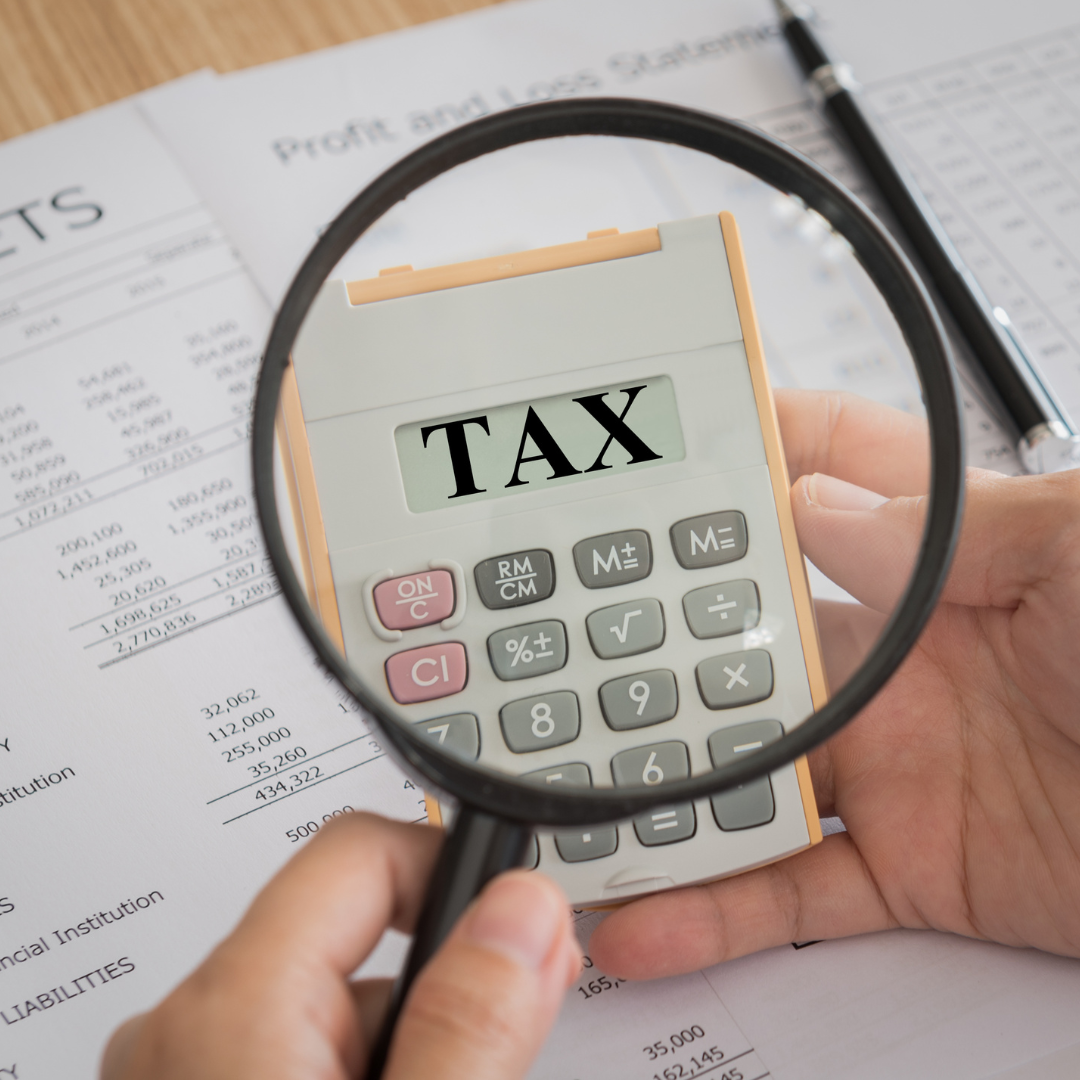Cannabis and 280E
One of the biggest challenges cannabis entrepreneurs face is how to comply with tax obligations in an industry that is federally illegal.
Unlike most other industries, cannabis has a different set of rules to comply with when it comes to taxes. The rules become even more complicated when it comes to claiming deductions for business expenses.
Cannabis Legalization in the U.S is expanding:
As the expansion of legalization grows across the nation, cannabis remains a Schedule I controlled substance under the Controlled Substances Act (CSA).
Although federally illegal, cannabis businesses operating in legalized states are still responsible for complying with federal taxes. Most notably, cannabis entrepreneurs want to know how IRS Tax Code Section 280E affects their business and tax obligations.
Section 280E Overview
IRS Tax Code Section 280E prohibits businesses engaged in the “trafficking” of a Schedule I or Schedule II controlled substance from deducting or claiming ordinary business expenses on federal taxes.
Section 280E was enacted after a trafficker of illicit drugs successfully deducted business expenses from their federal tax return. As such, cannabis operators are prohibited from claiming “ordinary and necessary” business expenses such as rent, office supplies, and insurance costs most other industries benefit from.
Cannabis is generally taxed higher than most other industries, at a tax rate that can be upwards of 70% higher. High tax rates and prohibitions under 280E create a barrier for many businesses to meet tax obligations and turn a profit.
The resulting consequence may lead to smaller businesses being unable to compete with bigger companies able to cover high operating costs.
Costs of Goods Sold (COGS)
In 2007, the Tax Court ruled in Californians Helping to Alleviate Medical Problems, Inc. v. Commissioner (CHAMP), that Section 280E prohibits deductions of all business expenses except Cost of Goods Sold (COGS) defined as, “expenditures necessary to acquire, construct or extract a physical product which is to be sold.”
COGS primarily applies directly to inventory costs related to the production of cannabis goods. Cultivators are the primary beneficiaries of this rule and may deduct costs associated with the production of cannabis such as raw materials and supplies (seeds, soil, clones, fertilizer), and labor costs (trimming, curing, harvesting, or packaging).
Cost of Goods Sold (COGS) IRS Tax Law Restrictions:
Dispensaries, on the other hand, are primarily engaged in the trafficking or selling of cannabis goods and are subject to strict limitations as to what is considered COGS. Such allowable expenses may include utilities for the specific area where cannabis inventory is stored, not including where goods are displayed for retail sale. The narrow landscape of what is defined as COGS becomes even more complicated for businesses operating multiple activities.
In a heavily regulated industry such as cannabis, businesses should take great care in ensuring compliance with tax obligations. Consulting with a CPA knowledgeable in cannabis tax law and implementing good bookkeeping and recordkeeping practices are vital to avoid penalties as cannabis businesses are routinely audited and scrutinized by the IRS.
The information provided is for informational purposes only and does not, and is not intended to, constitute legal advice or tax advice. Individuals should seek legal counsel and/or counsel from a CPA for advice or guidance on any of the information provided here.
How can we help?
At Cannabis License Experts, we provide you with the guidance to plan your cannabis business, acquire funding, navigate the legal requirements, and acquire the appropriate cannabis license for your operations. We can also help you get around the 280E tax rate and ensure your IRS cannabis business remains legal!
Cannabis License Experts offers support from day one of starting your cannabis business, including strategic planning, floor plan preparation, site audits, SOPs, Preventive Control Plans (PCP), and more.
Our Edibles Compliance division can provide you with a solid plan for your edibles business to help get your products on store shelves.
Contact us today to discover how we can license and legalize your cannabis business to meet federal or provincial regulations.


